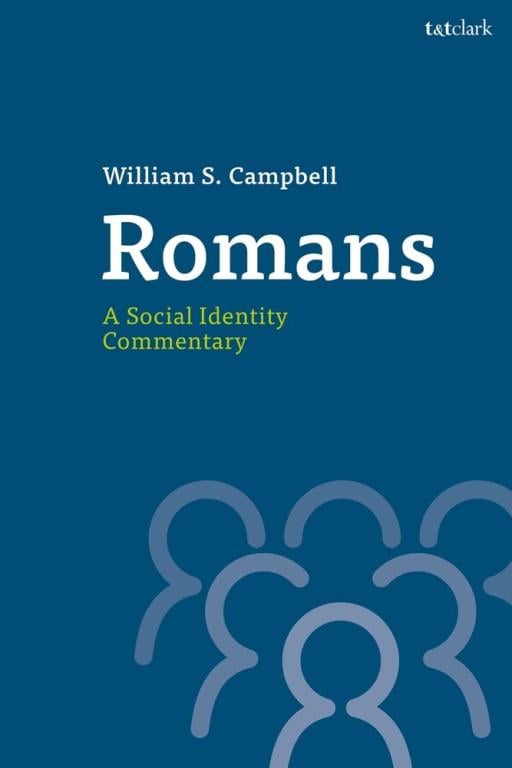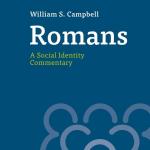Q. In your exposition about Rom. 1.18-32 I was surprised that while you rightly emphasized the critique of pagan idolatry, you said nothing about pagan sexual immorality in the form of same sex sexual activity which it seems is clearly referred to in that context. It seems clear to me that Paul sees that as the fallenness pagans were given up to because of their idolatry. Yes? I realize his critique of homosexuality is perhaps less strident than say Philo’s but it seems clear enough and broad enough (i.e. he’s not just critiquing sex with one’s slaves or pederasty or even with temple prostitutes but is speaking more generally and broadly). What is your view on that?
A. In a previous answer about the diatribe in Romans I argued that Rom.1. 19-32 is a diatribal construction that presents a long list of the failings of pagan society generally tho. well. But this diatribe is not the same as where Paul can speak about specific issues that he knows about from his having worked in a particular area and has still ongoing contacts with his converts. Of course Paul as a Jewish man sees these sexual patterns as part of pagan society. But he does not accuse any of the Roman Christ followers of such but describes the world they should have left behind. What Paul would have said if he had thought these things were an issue among the Christ followers in Rome we do not know, and on the basis of this text alone we are unable to know what Paul would have thought and said about similar issue today.
Q. I completely agree with you that by Israel, Paul means non-Christian Jews (and I would say that’s true in all Paul’s letters including in Gal. 6), so he is definitely arguing against the notion that God has forsaken his first chosen people, and he makes the point strongly in Rom. 9-11. I didn’t find convincing the arguments of Mark Nanos about those broken off and those grafted into the olive tree of God’s people. Paul does seem to see the rejection of Christ by some Jews as temporarily putting them outside the people of God, while Gentiles are being grafted into the one people of God, however, and it is a major however, they also could be broken off if they arrogantly think they have replaced Jews or Israel as God’s people. Why am I wrong about this?
A. As noted above, I think where we differ is on how the metaphor of the olive tree is distinguished from a conceptualization about God’s dealings with Israel. Thus, it is not stated what the olive precisely stands for, thus I disagree with you that this evidently must stand for God’s people from whom one can be broken (Jews/Israel, 11.17,19) or cut off (gentiles 11.22). I am paying attention here to the two different Greek words for broken or cut off which Paul obviously consciously uses.













